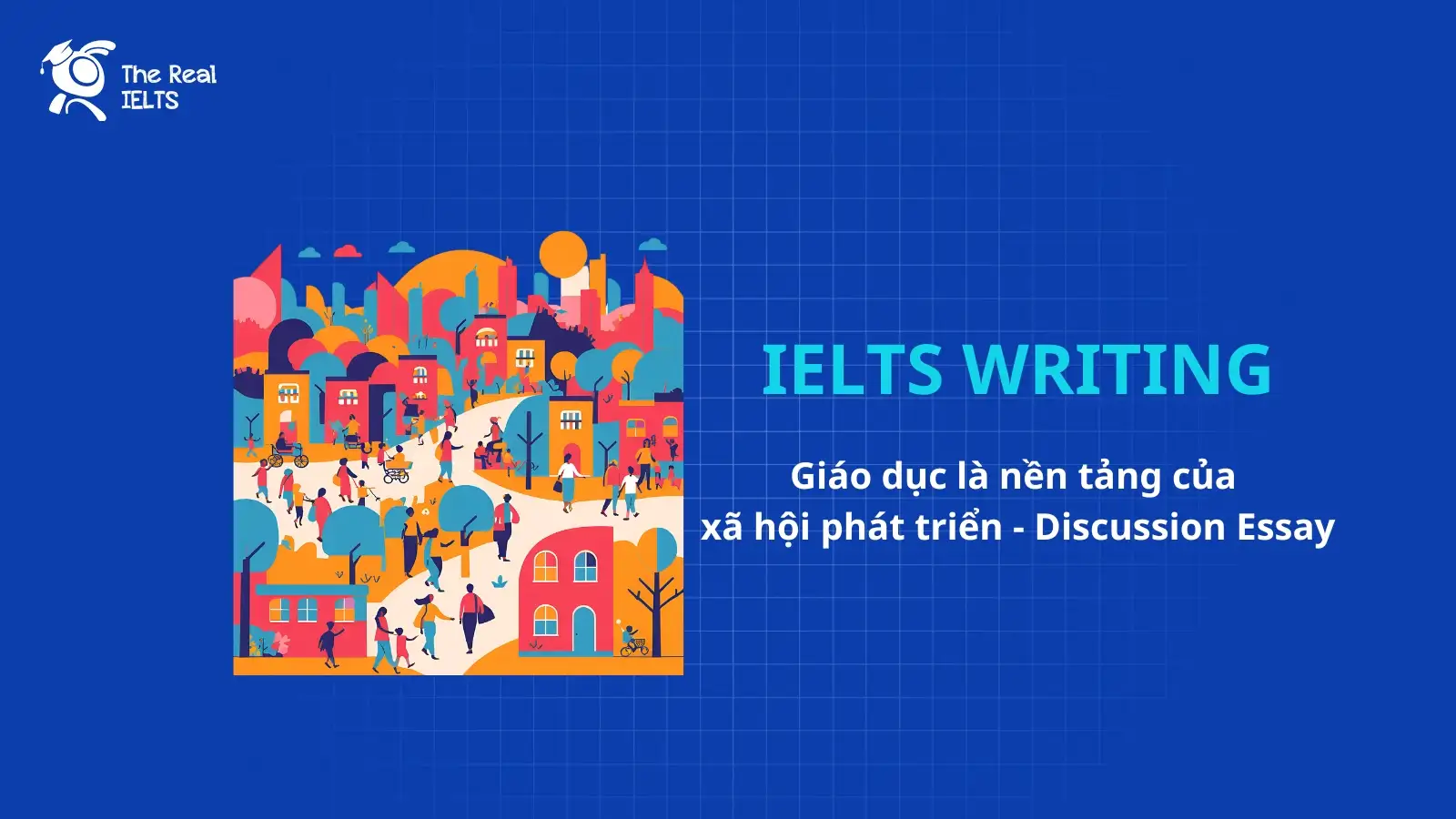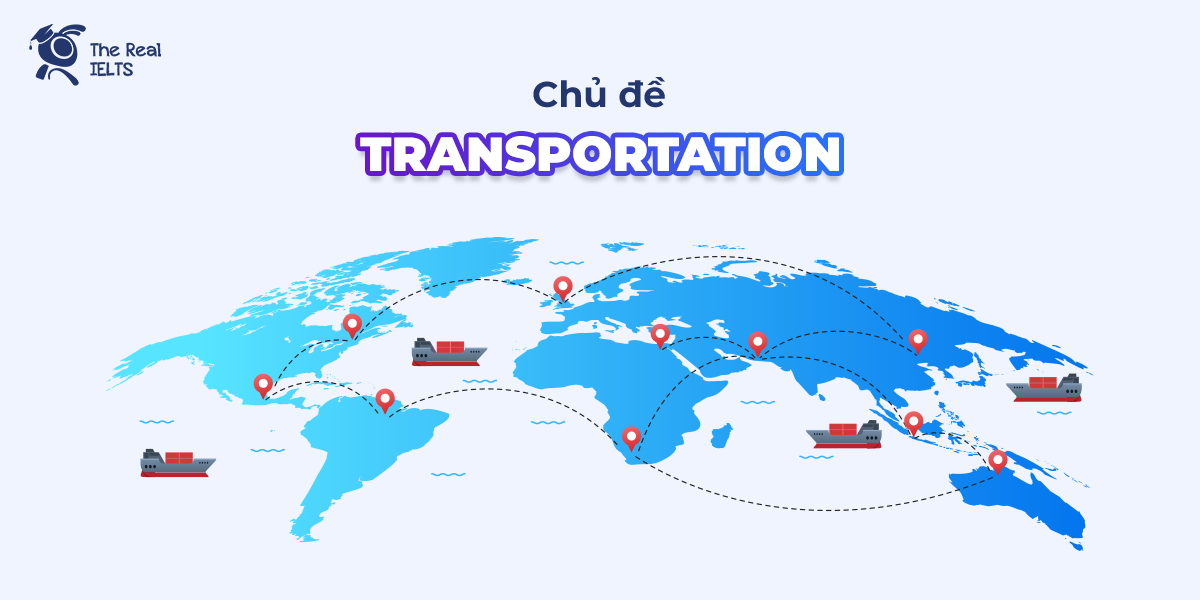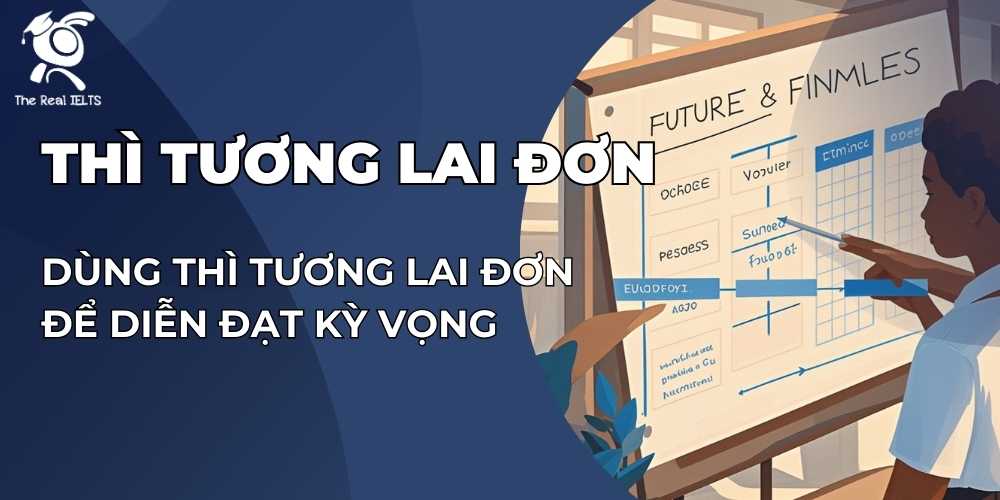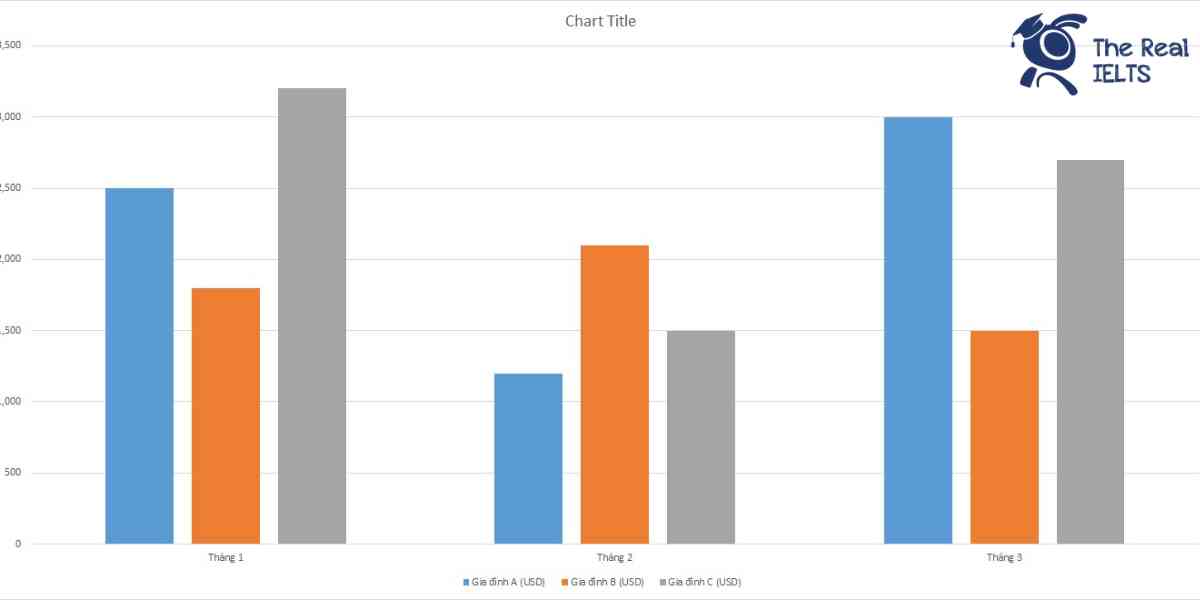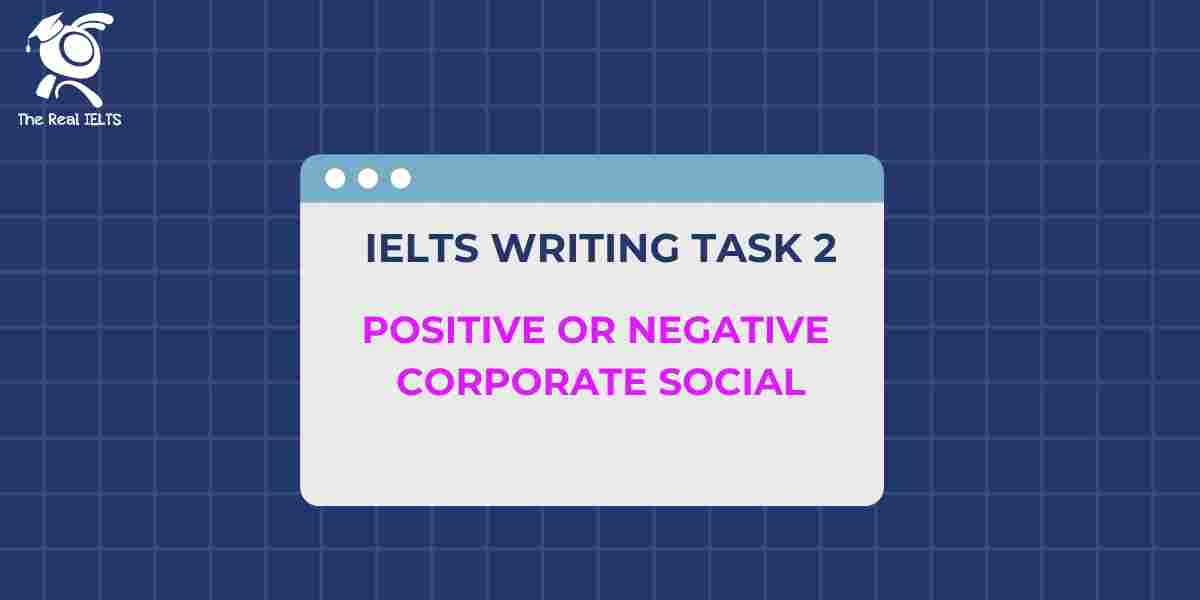IELTS Reading 65: Issues in natural resource management là chủ đề thuộc chuỗi bài luyện tập 11 dạng bài IELTS Reading và các bài tập luyện tập.
Học lại bài cũ: IELTS Reading 64: Cryptocurrency and the future of money.
IELTS Reading: Issues in natural resource management
Natural resource management involves the responsible utilization of resources such as water, land, minerals, and forests. These resources are essential to human survival and development, yet their unsustainable exploitation has led to significant global issues. One of the primary concerns in natural resource management is the depletion of non-renewable resources like fossil fuels. As these resources are finite, their excessive use not only threatens future availability but also contributes to environmental degradation. The burning of fossil fuels, for instance, releases large amounts of greenhouse gases into the atmosphere, accelerating climate change.
Water scarcity is another pressing issue, particularly in arid regions and developing nations. Although water is a renewable resource, its availability is limited by factors like climate, population growth, and pollution. Mismanagement and overuse of water resources, especially for agricultural and industrial purposes, have led to water stress in many parts of the world. Additionally, the contamination of freshwater sources due to industrial waste and improper disposal of chemicals further exacerbates the water crisis, affecting both human populations and biodiversity.
Deforestation poses another challenge in managing natural resources. Forests are crucial for maintaining biodiversity, regulating climate, and supporting local communities. However, large areas of forests are being cleared each year for agriculture, logging, and urban expansion. This loss not only reduces the Earth’s carbon-absorbing capacity but also threatens countless species that depend on forest habitats. Additionally, deforestation can lead to soil erosion, water cycle disruption, and loss of traditional livelihoods for indigenous populations.
To address these issues, governments and organizations worldwide are implementing sustainable resource management practices. For instance, promoting renewable energy sources like solar and wind can reduce reliance on fossil fuels. In terms of water management, strategies such as rainwater harvesting, efficient irrigation systems, and stricter pollution controls can help conserve this vital resource. For forest conservation, reforestation projects, protected areas, and sustainable forestry practices are being encouraged.
Despite these efforts, effective natural resource management remains challenging. Balancing economic growth with environmental conservation requires cooperation across multiple sectors, robust policy-making, and public awareness. Without collective action, the negative impacts of resource mismanagement will continue to threaten ecosystems and human societies alike.
Questions
1. Multiple Choice (Chọn đáp án đúng)
- What is one of the primary concerns in natural resource management?
- A) Increasing water availability
- B) Depletion of renewable resources
- C) Depletion of non-renewable resources
- D) Increasing fossil fuel reserves
- Why is deforestation a challenge in managing natural resources?
- A) It leads to economic growth.
- B) It supports biodiversity.
- C) It disrupts the water cycle and affects livelihoods.
- D) It reduces fossil fuel consumption.
2. True/False/Not Given (Đúng/Sai/Không có thông tin)
- Overuse of water resources primarily affects developed countries.
- Fossil fuels are considered a renewable resource.
- Industrial waste contributes to water contamination in many regions.
3. Yes/No/Not Given (Có/Không/Không có thông tin)
- The author believes that governments alone are responsible for managing natural resources effectively.
- Renewable energy sources are a suggested solution to reduce reliance on fossil fuels.
- Deforestation benefits biodiversity by creating more space for agriculture.
4. Matching Information (Ghép thông tin)
Match each issue with the paragraph that discusses it:
- Water scarcity and its causes
- Impacts of deforestation on local communities
- Solutions involving renewable energy sources
- Economic challenges in natural resource management
5. Matching Headings (Ghép tiêu đề)
Choose the best heading for each paragraph:
A) Problems caused by deforestation
B) Global initiatives for sustainable resource use
C) The role of fossil fuels in climate change
D) Water management challenges in developing countries
6. Matching Sentence Endings (Ghép kết thúc câu)
Complete each sentence by choosing the correct ending:
- One major impact of fossil fuel use is…
- i) …enhancing water scarcity in arid regions.
- ii) …increasing greenhouse gas emissions.
- iii) …supporting biodiversity.
- Deforestation can lead to soil erosion, which…
- i) …helps local communities manage resources.
- ii) …can disrupt the natural water cycle.
- iii) …prevents pollution in urban areas.
7. Sentence Completion (Hoàn thành câu)
- Natural resource management is essential for ______________________ and development.
- Overuse of water resources has resulted in water stress, especially in _______________ regions.
8. Summary Completion (Hoàn thành bản tóm tắt)
Complete the summary using words from the passage.
Natural resource management involves careful use of resources to avoid ____________ issues. Fossil fuels contribute to climate change due to the emission of ____________ gases, while ____________ of water is worsened by pollution and overuse in agriculture and industry. To address these problems, sustainable practices, including ____________ energy sources, are being encouraged.
9. Diagram Label Completion (Hoàn thành nhãn sơ đồ)
Label the diagram of natural resource challenges using words from the text.
- _____________ (Resource Type) contributing to climate change.
- _____________ (Resource Issue) due to industrial pollution.
- _____________ (Environmental Effect) caused by deforestation.
10. Short Answer Questions (Câu hỏi trả lời ngắn)
- What kind of resources are fossil fuels classified as?
- Which human activity contributes to both climate change and resource depletion?
- Name one practice suggested for conserving water resources.
11. Table/Flowchart/Note Completion (Hoàn thành bảng/sơ đồ dòng/chú thích)
Complete the table below with words from the passage.
| Issue | Cause | Effect |
|---|---|---|
| Fossil fuel depletion | Excessive use of fossil fuels | _____________ |
| Water scarcity | _____________ | Water stress in arid regions |
| Deforestation | Logging and agriculture | Soil erosion and disruption of ______ |
Đáp án
1. Multiple Choice (Chọn đáp án đúng)
- C) Depletion of non-renewable resources
- C) It disrupts the water cycle and affects livelihoods.
2. True/False/Not Given (Đúng/Sai/Không có thông tin)
- Sai
- Sai
- Đúng
3. Yes/No/Not Given (Có/Không/Không có thông tin)
- Không có thông tin
- Có
- Không
4. Matching Information (Ghép thông tin)
- Water scarcity and its causes – Đoạn 4
- Impacts of deforestation on local communities – Đoạn 3
- Solutions involving renewable energy sources – Đoạn 5
- Economic challenges in natural resource management – Đoạn 6
5. Matching Headings (Ghép tiêu đề)
- A) Problems caused by deforestation
- B) Global initiatives for sustainable resource use
- C) The role of fossil fuels in climate change
- D) Water management challenges in developing countries
6. Matching Sentence Endings (Ghép kết thúc câu)
- ii) …increasing greenhouse gas emissions.
- ii) …can disrupt the natural water cycle.
7. Sentence Completion (Hoàn thành câu)
- human survival
- arid
8. Summary Completion (Hoàn thành bản tóm tắt)
- environmental
- greenhouse
- Contamination
- renewable
9. Diagram Label Completion (Hoàn thành nhãn sơ đồ)
- Fossil fuels
- Water scarcity
- Biodiversity loss
10. Short Answer Questions (Câu hỏi trả lời ngắn)
- Non-renewable resources
- Excessive use of fossil fuels
- Rainwater harvesting
11. Table/Flowchart/Note Completion (Hoàn thành bảng/sơ đồ dòng/chú thích)
| Issue | Cause | Effect |
|---|---|---|
| Fossil fuel depletion | Excessive use of fossil fuels | Climate change |
| Water scarcity | Pollution and overuse | Water stress in arid regions |
| Deforestation | Logging and agriculture | Soil erosion and disruption of ecosystems |




